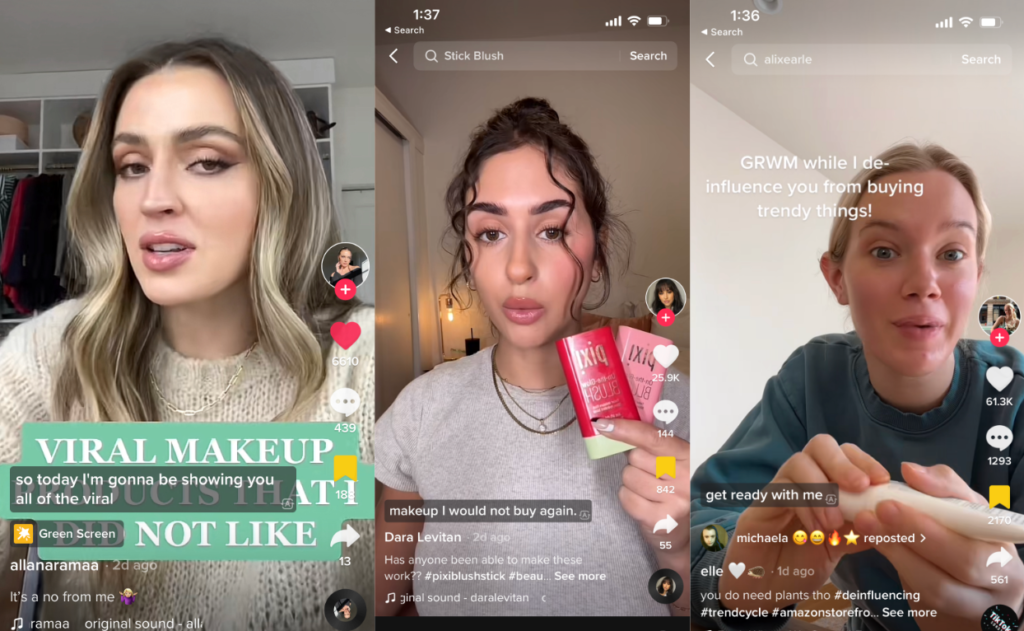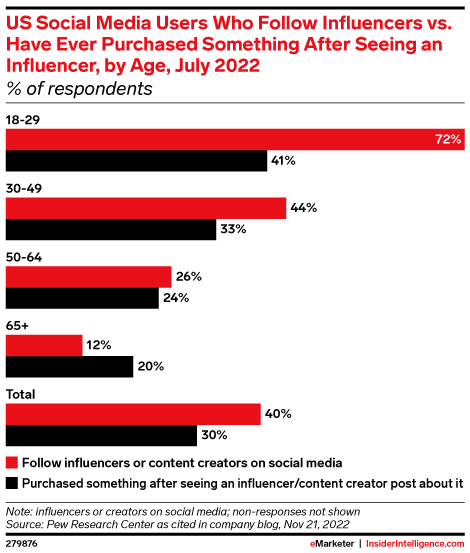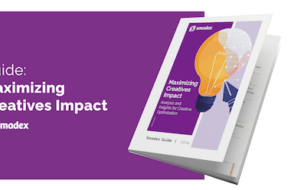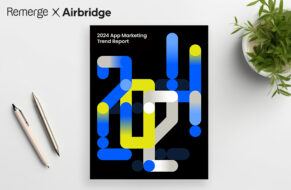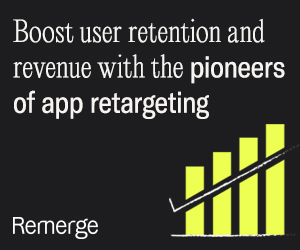Influencers have long been a major force in marketing, but a new trend on TikTok is challenging their status. It’s called “deinfluencing” and as the name suggests the trend means that TikTok creators urge their followers not to buy certain products or support certain brands. You read that correctly. It’s seen as the antithesis of traditional influencer marketing, where creators are paid to promote products and services. Let’s dive in.
Respect no more
Research from Room Unlocked, an influencer marketing platform, found that 64% of British consumers say they’ve lost respect for influencers who are driven by commercial gain. As consumers become more sceptical of traditional creators, authenticity and credibility are gaining importance in influencer marketing.
“Authenticity is one of the most over-used words within influencer marketing but it remains the most crucial,” Alex Carapiet, head of social at Seed told The Evening Standard.
“And the wider de-influencing phenomenon is a manifestation of an industry that has recently struggled with genuine authenticity as more and more people wish to become influencers, and more brands wish to utilise the influence they wield.”
The trend gained significant traction on TikTok, with over 52 billion views on the platform.
TikTok creators are deinfluencing
Source: TikTok
It has been fueled by controversies surrounding certain influencers who have been accused of promoting products they don’t actually use or believe in. For example, influencer Mikayla Nogueira faced backlash after posting a review of a mascara product that many viewers believed was dishonest.
By February 2023, #deinfluencing videos had attracted 206.5 million views on TikTok.
What deinfluencing means for marketers
The deinfluencing trend poses a challenge for marketers as they navigate the ever-changing landscape of influencer marketing. Marketers should focus on building long-term relationships with influencers who align with their brand values and foster genuine connections with their audience. Brands could prioritize transparency and ethical practices in their influencer marketing campaigns to regain consumer trust.
41% of US Gen Z have previously made a purchase based on creator content
Source: eMarketer
Data by market researcher Cassandra found that Gen Z and millennial consumers preferred to follow social media influencers who they perceived to be authentic and relatable. A whopping 89% of young consumers considered it important for influencers to come across as nice individuals, while 86% wanted to feel that the influencers are not solely focused on sales.
The deinfluencing trend highlights the importance of transparency, and ethical practices in influencer marketing and brands must now strive to build genuine connections with influencers and their audiences and align with their values.
Key takeaways
- 64% of British consumers say they’ve lost respect for influencers who are driven by commercial gain
- #deinfluencing videos had attracted 206.5 million views on TikTok
- Gen Z and millennial consumers prefer to follow social media influencers who they perceived to be authentic and relatable



